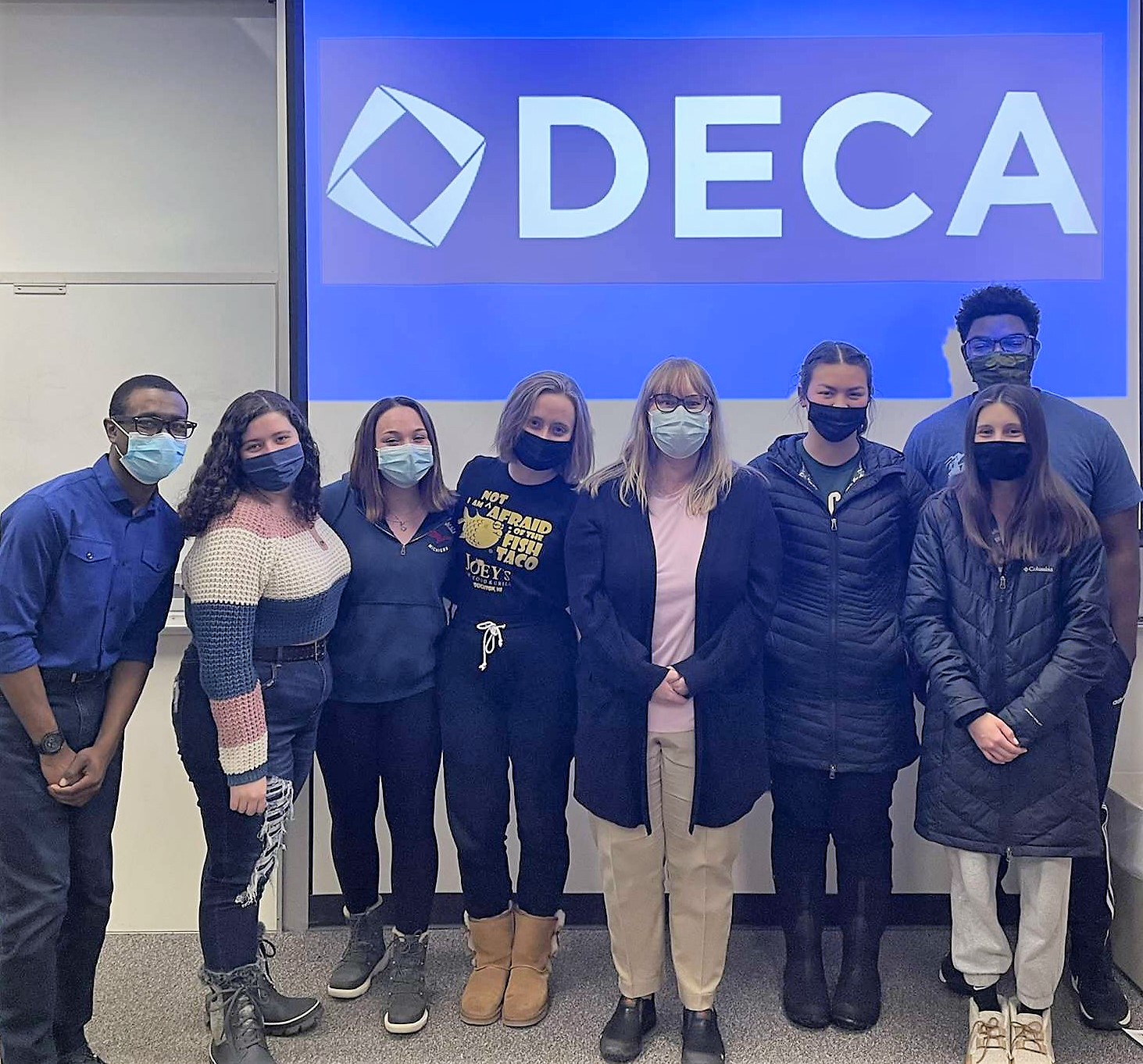
The Michigan Tech College of Business boasts more than 50 donor- and industry-sponsored scholarships reserved exclusively for new and returning business students. These awards are offered in addition to competitive, merit-, and need-based aid. For 2020-21, total scholarships and grants awarded to undergraduate students in the College of Business exceeded $4.6 million.
This month we highlight the Stephenson National Bank and Trust Annual Scholarship Award.
The Stephenson National Bank and Trust Annual Scholarship Award, valued at $2,000, is available to incoming first-year Michigan Tech College of Business students majoring in finance who have earned a minimum GPA of 3.0. Additional criteria include being a US citizen and having graduated from one of the following high schools of the Upper Peninsula or northeastern Wisconsin: Oconto, Marinette, Delta, Baraga, Houghton, Marquette, or Menominee.

In this Q&A, we hear from Mike Kolasa, vice president and trust officer for the Marquette, Michigan, office of Stephenson National Bank and Trust, headquartered in Marinette, Wisconsin. Kolasa is also an instructor of personal finance planning in the College of Business.
Q: How did the Stephenson National Bank and Trust (SNBT) Annual Scholarship Award come to be?
SNBT has several core values, one of which is supporting communities and institutions where we do business, including the Copper Country. We also believe in a strong work ethic, self-responsibility, and entrepreneurship. The College of Business is a natural fit for us to support, as we have overlapping geography and values.
Q: Why is supporting students through college scholarships important to Stephenson National Bank and Trust?
I wasn’t poor growing up, but we could see it from the back porch. Scholarships made a big difference for me. We want to encourage successful students who might not otherwise pursue business degrees. Besides, we want to hire some of the best students that I teach!
Q: By day you work in the financial services industry, and by night you teach the foundation of finance to the next generation of advisors. How does your work influence your teaching?
In my experience, academic texts are valid, but can be esoteric, and students may not learn as effectively. By mixing in stories from the industry, students can attach their new knowledge to applied and practical situations. As a result, I believe they retain that knowledge and have an advantage when embarking on their careers.
I tell my students they can be in the top 10 percent of their field, or the bottom 90 percent. Getting into the top bracket takes deliberate effort, but the rewards that go with it are theirs for the shaping.
I tell my students they can be in the top 10 percent of their field, or the bottom 90 percent.
Q: The College of Business prides itself on preparing students for the technology needs of business. How is technology disrupting the world of finance?
Technology can be both wonderful and evil. It certainly lends itself to efficiency, but we need to remember we buy technology to serve us, not the other way around. I see too many advisors using technology as a crutch or substitute for old-fashioned common sense and in-person time with clients.
We need to remember we buy technology to serve us, not the other way around.
Q: What are key takeaways college students should consider regarding their own personal finance?
Students and new graduates should consider their own finances first. Utilizing a budget and spending less than they make is a solid lifestyle that will give them flexibility in their future. It also sets them up as credible advisors; if you’re not practicing the basics yourself, no one is going to respect your advice. Beyond that, continuing education, which can look like advanced degrees, new professional designations, or simply reading a few business books a year, is a must. My goal is to have our students be in the top tier of whatever career they pursue, and staying fresh with knowledge is critical.
Prospective students who qualify for the Stephenson National Bank and Trust Annual Scholarship Award should connect with Shannon Rinkinen, director of outreach for the Michigan Tech College of Business, at smrinkin@mtu.edu.
About the College of Business
The Michigan Tech College of Business offers undergraduate majors in accounting, construction management, economics, engineering management, finance, management, management information systems, and marketing, as well as a general business option. Graduate degrees include the TechMBA®, a Master of Engineering Management, a Master of Science in Accounting, and a Master of Science in Applied Natural Resource Economics.
